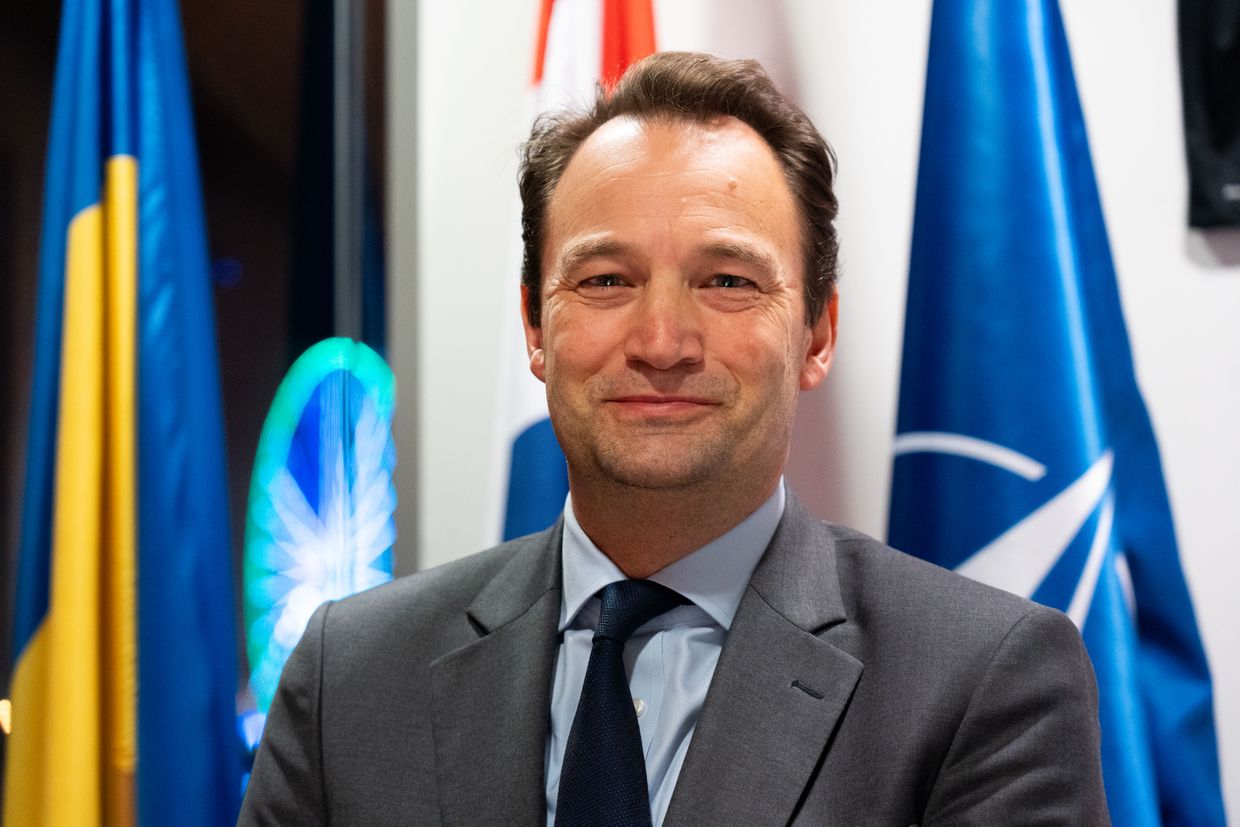EU sends last 1.5 billion euros of macro-financial assistance for Ukraine for 2023

The EU has sent the final tranche of 1.5 billion euros ($1.6 billion) in macro-financial assistance for 2023, European Commission President Ursula von der Leyen announced on Dec. 21.
The tranche is part of an 18 billion euro ($19.6 billion) support package for 2023, known as the Macro-Financial Assistance (MFA) package for Ukraine, which was disbursed monthly throughout the year.
The package aims to assist Ukraine with paying for essential public services, maintaining macroeconomic stability, and restoring critical infrastructure destroyed by Russian attacks.
"We must find an agreement to keep providing Ukraine with the support it needs to recover, rebuild and reform," said von der Leyen.
Hungary blocked a 50 billion euro ($55 billion) package from the EU on Dec. 15, prompting EU leaders to strategize about how to overcome Hungary's obstructionism.
The European Council will reconvene in February to discuss the funding package.
While EU leaders said they would prefer to reach an unanimous decision, von der Leyen noted that alternative options are also considered in case Hungary continues to block the plan.
"It is also necessary to work on potential alternatives to have an operation solution... if unanimity is not possible," von der Leyen noted.
French President Emmanuel Macron also voiced confidence that the bloc's remaining members would be able to financially support Ukraine even without Orban's approval.














